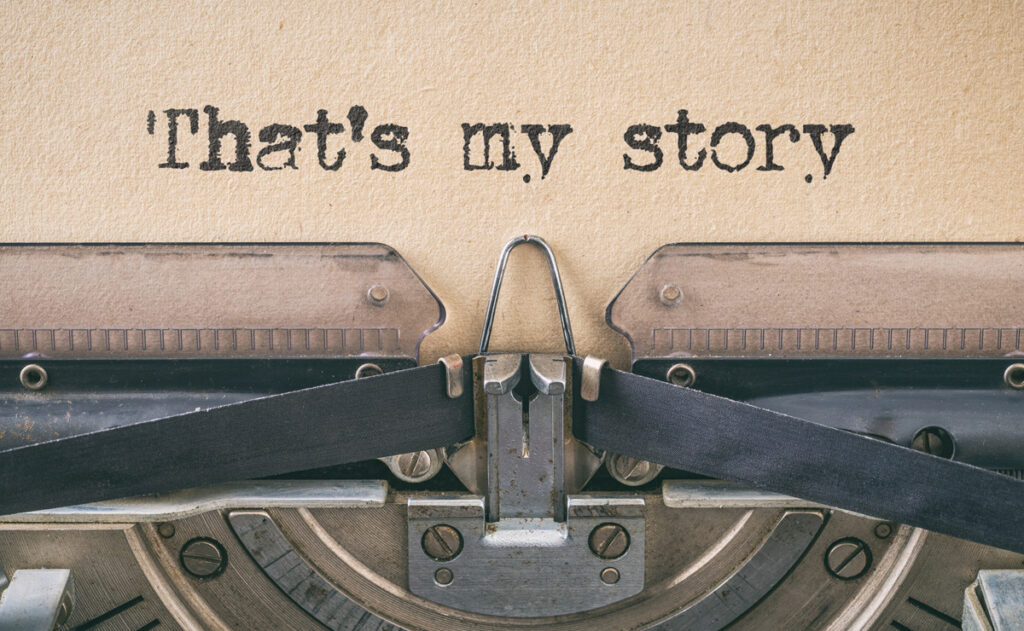- March 12, 2023
- Elena Freck
You may have heard that you shouldn’t consult popular monologue books or any website with a title like “Best Monologues for Teens” when you prepare for your BFA Acting program auditions. Don’t eat the divorce papers, ask the man in front of the tuna fish to move, or take the night flight to San Francisco. You’ve heeded this advice and hopefully steered clear of everything on the ‘overdone’ list, but the question still remains: Where should you look for monologues for your college audition?
Hit the library and bookstore
The internet is a beautiful resource, but when it comes to looking for monologues, nothing beats old fashioned paper and ink. If you live near New York City, spend a day getting lost between the shelves of the Drama Bookshop. But really, any bookshop or library with a dramatic literature section will do. Start with playwrights you know you like (especially those who commonly write young adult characters), and flip through their plays looking for long chunks of text.
Ask a trusted teacher, director, or coach
Second only to you, directors and coaches who have worked with you will be the best resource for what plays and characters fit your performance style. They can also be extremely well-read, and may have even seen years of students before you through their BFA audition processes. Don’t be afraid to ask them for advice, or to book a work session with them. Even if they don’t give you the exact monologue you need, they can set you on the right track of playwrights or artistic movements.
Make a list of your favorite plays (and TV shows and movies if you’re auditioning for programs with a screen acting focus) and search for characters that resonate with you
This may seem obvious, but if you consume a lot of media, there may be a perfect monologue waiting for you in your memory. Think about every play, movie, and TV show you’ve seen in the past few years (or even better, consult your Mezzanine, Letterboxd, Playbill collection, Excel spreadsheet, or leather-bound diary). Are there any characters with whom you resonated, who you feel you could play in the next revival or remake? Find the script or screenplay, and look for monologues that fit the bill.
Of course, only use a monologue from film or television for BFA Acting programs with a strong focus on screen acting. Definitely don’t use a screen monologue if the program specifically asks for audition monologues from published plays. And like with plays, don’t use a monologue that ‘belongs’ to one particular actor; in other words, don’t use a piece that got an actor nominated for an Oscar, made them famous, or is ‘iconic’ in any way. If the auditors behind the table will undoubtedly have a strong memory of another actor’s performance in that role, it’s not usually a good choice.
Look at the performance history of an actor who is similar to you
This one isn’t a sure bet, but if there’s an actor who you’ve been compared to in the past (in terms of looks, energy, or both), investigate their resume. What roles did they play in their early- to mid-20s? Find those plays, and review those characters’ monologues for fit.
Look at the Kilroys list
Between 2014 and 2020, the Kilroys published an annual list of highly recommended un- and underproduced plays by trans, non-binary, and woman playwrights. Within these lists are some fantastic plays, especially if you’re seeking out roles written for marginalized genders. The scripts for many of these plays are available in full on New Play Exchange. Speaking of which…
Comb through New Play Exchange
If true novelty is what you’re seeking, the New Play Exchange has it. If you find a monologue on NPX, it’s probable that nobody else will be performing the same piece at college auditions. Of course, this database is massive – over 50 thousand scripts by over 10 thousand writers – which makes it difficult to wade through and scan for quality. Most of them aren’t considered “published,” ruling them out according to many BFA audition guidelines. However, if one of the programs for which you’re auditioning accepts monologues from any kind of play, and especially if it has a focus on new work, New Play Exchange can be a great resource. Reader subscriptions cost $10 annually, but check if your school has already purchased membership on behalf of your student body.
Utilize the Backstage Monologue Search Engine
While its bounds are limited, the Backstage Monologue finder is an excellent resource. With filters like genre, gender, age range, and theme, you can narrow down your search to fit exactly what you’re looking for. This is a particularly great resource for Shakespeare monologues and other classical pieces. Beware; some of its ‘contemporary’ monologues are from plays first produced before 1900, which disqualifies them from some colleges’ definition of the ‘contemporary.’





